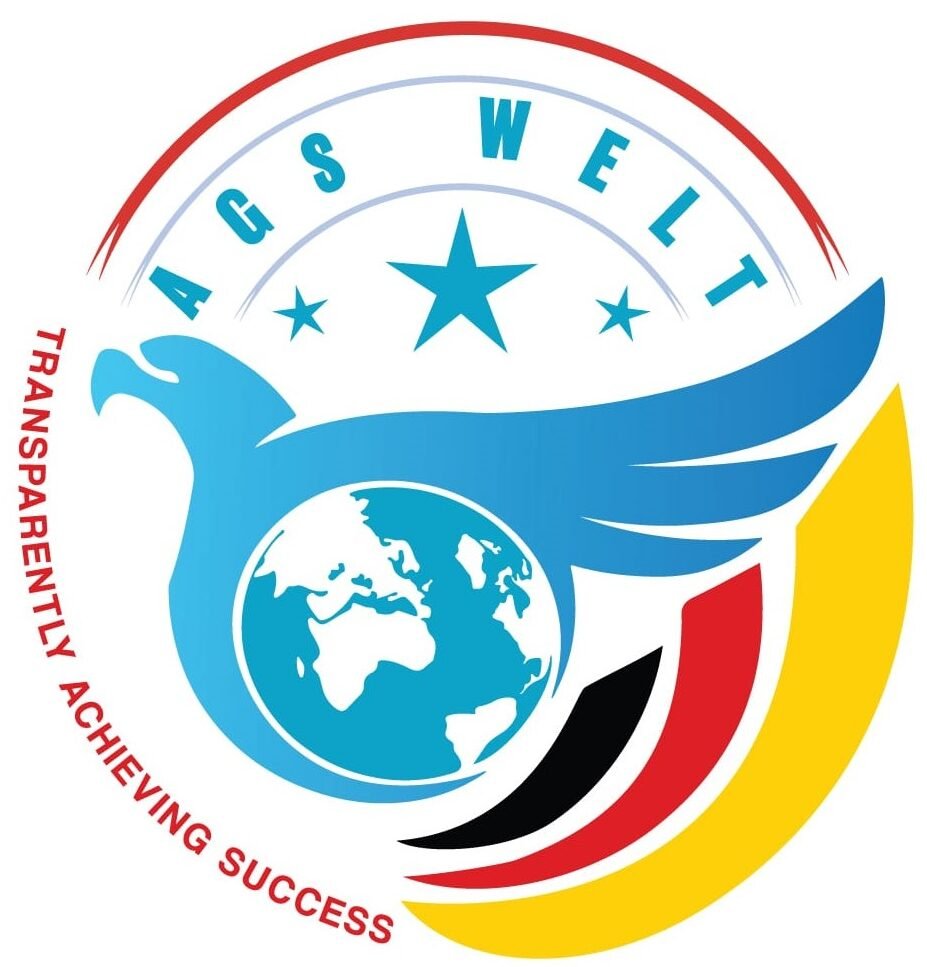Introduction
In the ever-evolving landscape of U.S. immigration law, few cases have had as significant an impact as the Matter of DHANASAR. Issued by the U.S. Citizenship and Immigration Services (USCIS) Administrative Appeals Office (AAO) in 2016, this precedent decision revolutionized the approach to evaluating National Interest Waiver (NIW) petitions, making it easier for certain foreign nationals to obtain permanent residency in the United States. The DHANASAR decision clarified the requirements for the NIW, offering greater flexibility and a clearer path to immigration for talented individuals who can demonstrate their significant contributions to the nation’s interests.
Background
The National Interest Waiver is a provision under the employment-based, second preference (EB-2) category for immigrants seeking lawful permanent residency in the United States. Normally, the EB-2 category requires employer sponsorship and a labor certification, proving that there are no qualified U.S. workers available for the position. However, the NIW allows foreign nationals to waive the traditional labor certification requirement if they can demonstrate that their presence in the United States is in the national interest.
Before the Matter of DHANASAR, the adjudication of NIW petitions followed the two-prong test established in the Matter of New York State Department of Transportation (NYSDOT) and Matter of New York State Department of Transportation (NYSDOT II). Under NYSDOT, applicants had to show that their work was of substantial intrinsic merit and that the benefits of their work were national in scope. Additionally, NYSDOT II required that the waiver would be in the national interest and that it would be beneficial to the United States to waive the job offer and labor certification requirements.
The Matter of DHANASAR Decision
The DHANASAR case involved an Indian architect who sought a NIW based on his work in the United States. The AAO’s decision in this case provided new guidelines that replaced the NYSDOT framework with a more flexible and applicant-friendly approach.
Three-Prong Test
The DHANASAR decision introduced a three-prong test for evaluating NIW petitions:
1. The foreign national’s proposed endeavor must have substantial merit and national importance. This prong evaluates the intrinsic value and impact of the applicant’s work.
2. The foreign national must demonstrate that they are well-positioned to advance the proposed endeavor successfully. USCIS considers the applicant’s education, skills, past achievements, and progress in the field to assess their potential for future success.
3. It must be beneficial to the United States to waive the job offer and labor certification requirements. The applicant must show that their contributions to the national interest would be significantly greater than the benefits derived from a U.S. worker in the same field.
Impact and Benefits
The DHANASAR decision significantly streamlined the NIW application process and provided much-needed clarity to both applicants and adjudicators. By replacing the NYSDOT framework, which was often criticized for being overly restrictive and subjective, the new three-prong test allowed for a more holistic evaluation of applicants’ contributions.
This landmark decision resulted in several benefits:
1. Increased Access to Green Cards: Talented foreign nationals who previously faced barriers due to the strict interpretation of the NIW requirements could now present their case more effectively, leading to a higher likelihood of obtaining a green card.
2. Encouragement for Innovators and Entrepreneurs: The decision acknowledged that entrepreneurs and innovators play a vital role in driving economic growth and innovation in the United States, making it easier for them to contribute to the country’s prosperity.
3. Retention of Top Talent: The DHANASAR decision made it easier for U.S. employers and research institutions to retain foreign employees and researchers who contribute significantly to their fields.
Conclusion
The Matter of DHANASAR decision represents a pivotal moment in U.S. immigration law, redefining the criteria for the National Interest Waiver and providing a more inclusive pathway to permanent residency for deserving foreign nationals. By establishing a clearer and more flexible three-prong test, the decision prioritized the nation’s interests while fostering innovation, research, and entrepreneurship. As the U.S. immigration landscape continues to evolve, the DHANASAR case serves as a beacon of progress, emphasizing the value of skilled immigrants in shaping the future of the United States.

Interdum et malesuada dolor
Aenean urna urna, semper sed consectetur sit amet, pretium eu ante. Nulla et consectetur ligula, ut fringilla velit. Interdum et malesuada fames ac ante ipsum primis in faucibus. Nulla sagittis vel ante sit amet tempor. In sit amet neque non tellus interdum tincidunt eget eu odio.
Donec quis diam felis. Etiam id quam maximus, tempus justo at posuere est! Aenean urna urna, semper sed consectetur sit amet, pretium eu ante. Nulla et consectetur ligula, ut fringilla velit. Interdum et malesuada fames ac ante ipsum primis in faucibus.

Conclusion
Aenean urna urna – semper sed consectetur sit amet, pretium eu ante. Nulla et consectetur ligula, ut fringilla velit. Interdum et malesuada fames ac ante ipsum primis in faucibus. Nulla sagittis vel ante sit amet tempor. In sit amet neque non tellus interdum tincidunt eget eu odio. Donec quis diam felis. Etiam id quam maximus, tempus justo at posuere est!





